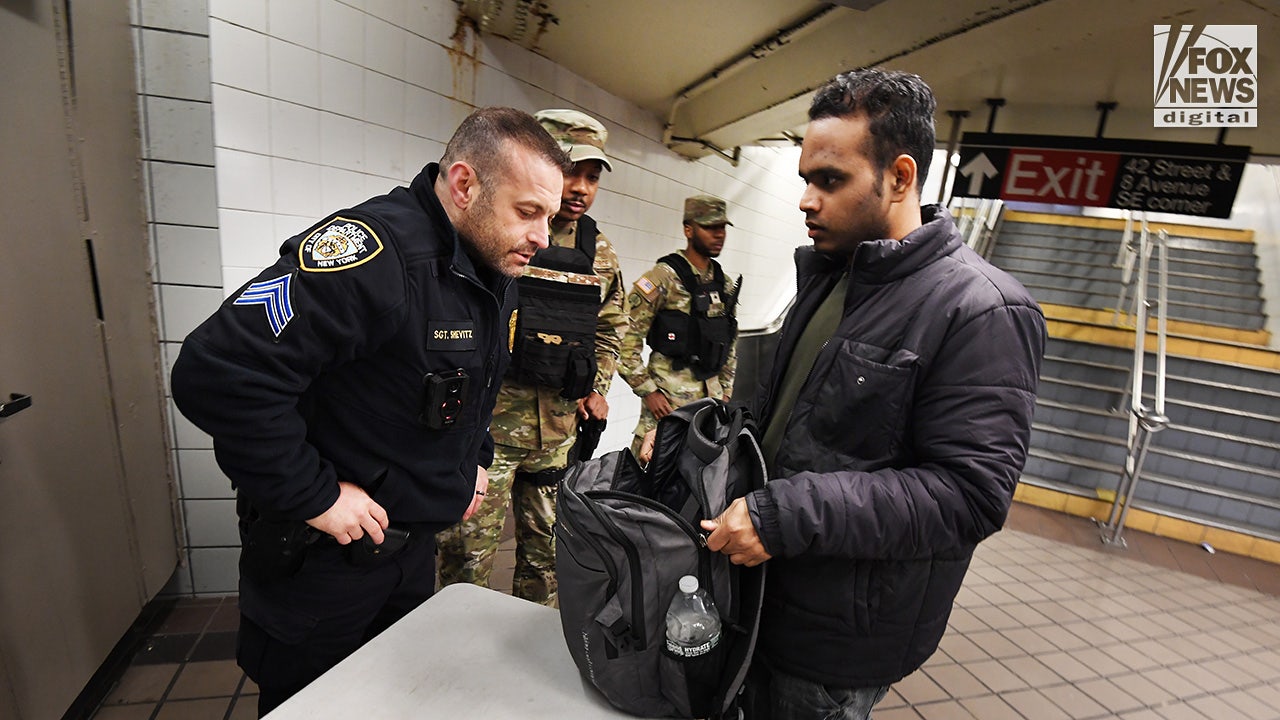Richard Lyons, an economist and a former dean of the business school at the University of California, Berkeley, will be the university’s next chancellor, the university announced Wednesday.
Lyons, a graduate of U.C. Berkeley, was chosen for the job in a lengthy selection process after the school’s current chancellor, Carol T. Christ, announced that she would retire this summer. The University of California Board of Regents voted unanimously on Wednesday to make the choice official. Lyons will take over on July 1.
“It’s one thing to find a person with the appropriate academic and research credentials, the necessary leadership experience and an understanding of what it takes to lead a successful research university in the public setting,” Michael Drake, the president of the University of California, said during the board meeting. “It’s quite another to find a candidate who brings all of that, along with a deep understanding of the landscape in California and an intrinsic love for U.C. Berkeley itself.”
Lyons’s appointment as the university’s 12th chancellor comes as colleges across the country are facing turmoil on campus over free speech, racial and political diversity, and affordability.
Protests over the war in Gaza, and accusations of antisemitism on campuses in particular, have pushed leaders of some of the country’s top universities into the spotlight, where they have faced a barrage of criticism from students and faculty, as well as from politicians.
Though Berkeley is a public institution with a storied history of protest, Christ has largely avoided becoming the center of similar controversies. But recent incidents have tested the university.
On Tuesday, video showed a law professor, Catherine Fisk, trying to grab a microphone and cellphone from a student who had stood up to speak on behalf of Palestinians at a student dinner that Fisk was hosting at her home with her husband, Erwin Chemerinsky, the law school dean.
Pro-Palestinian groups said that the student, Malak Afaneh, who belongs to Berkeley Law Students for Justice in Palestine, was assaulted and that her free speech rights were violated. Chemerinsky said in a statement that the student’s actions were an inappropriate attempt to turn a social occasion at his home into a forum for political speech.
At a news conference after the board’s vote, Lyons did not discuss that incident or other recent protests, noting that he had not yet taken over as chancellor.
But he said that campus officials were considering how to balance the need to protect free speech and keep Berkeley an open “marketplace for ideas” against rules to ensure that protests and speech do not infringe upon the rights of others.
“The world is changing, especially in this area, and we as higher education leaders need to change with it,” he said. “I do believe that if we’re transparent, if we’re thoughtful, if we are listening to the community as much as possible, that we will be able to move forward.”
Lyons — whose only time away from Berkeley since 1993 was when he served as chief learning officer at Goldman Sachs from 2006 to 2008 — is the second business school dean to be tapped recently for a top university job in the Bay Area. Stanford University announced last week that Jonathan Levin, the dean of its graduate business school, would become its new president. He will succeed an interim leader who stepped in last summer when the previous president resigned over questions about the quality of his academic research.
On Wednesday, Lyons emphasized his business background and said that he planned to seek ways for the university to begin “participating in the economic value we’re creating in fresh ways.”
In California, state funding for public universities has slowed over the decades, including for the University of California, frequently called the state’s crown jewel. At the same time, housing costs have skyrocketed in communities where there are U.C. campuses, making it difficult for faculty and students to get by.
The housing problem has led to clashes over the fate of People’s Park in Berkeley, where the university plans to build housing for students and homeless people. (Lyons says he agrees with how Christ has handled that situation.)
U.C. campuses are also some of the most productive research institutions in the world. Lyons said he hoped to expand opportunities to invest in research with more of the returns going back to the university, and to solicit donations more effectively from wealthy alumni whose fortunes are rooted in their time at Berkeley.
It’s an approach that has drawn skepticism from some faculty members.
“Private funds cannot begin to replace the scale of lost public investment,” the board of the Berkeley Faculty Association wrote this month in an open letter to the incoming chancellor. The letter also called for more faculty input and transparency in decision-making.
“If you wish Berkeley to remain the best public university in the world, you must improve the working conditions of faculty, restore faculty governance and protect academic freedom,” the letter said. “We wish you good luck.”
And before you go, some good news
Milo F. Bryant, a trainer based in San Diego, shared ideas about how to build an exercise habit without having to spend thousands of dollars. Building an inexpensive home gym is a great starting point, consisting of some combination of exercise ropes, bands or maybe barbells.
Another frugal way to work out is rucking, which is essentially walking or running with weight on your back. Instead of splurging on a special backpack specifically for rucking, just fill an ordinary backpack with books or bottles of water. Bryant says there are even exercises to do at the local playground.
Thanks for reading. We’ll be back tomorrow.
P.S. Here’s today’s Mini Crossword.
Because of an editing error, yesterday’s newsletter referred incorrectly to vacant commercial space in the Hollywood Entertainment District. The vacancy rate is 30 percent for street-level space along Hollywood Boulevard in the district, not for the district as a whole.
Maia Coleman, Sofia Poznansky and Briana Scalia contributed to California Today. You can reach the team at CAtoday@nytimes.com.
Sign up here to get this newsletter in your inbox.






